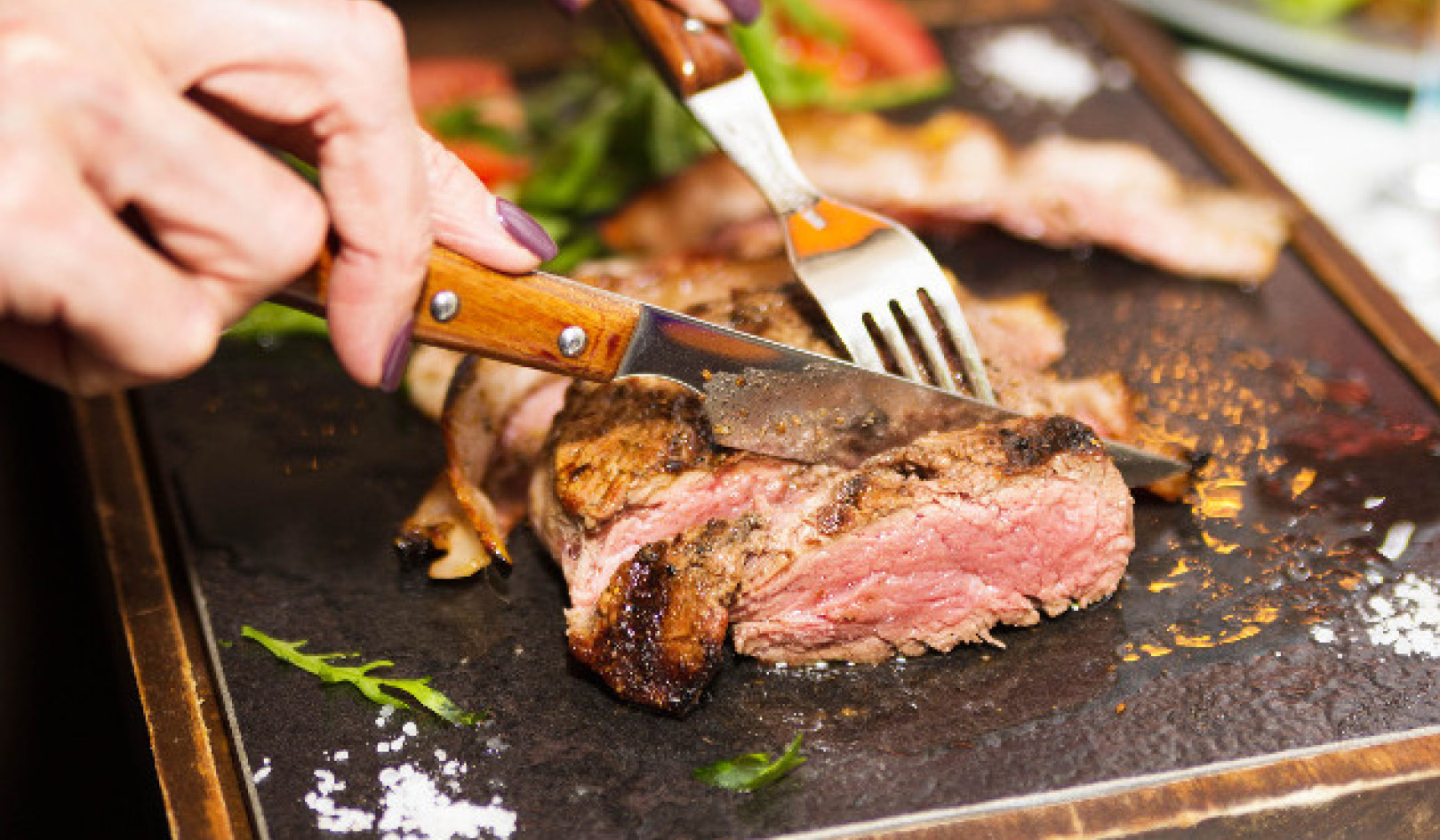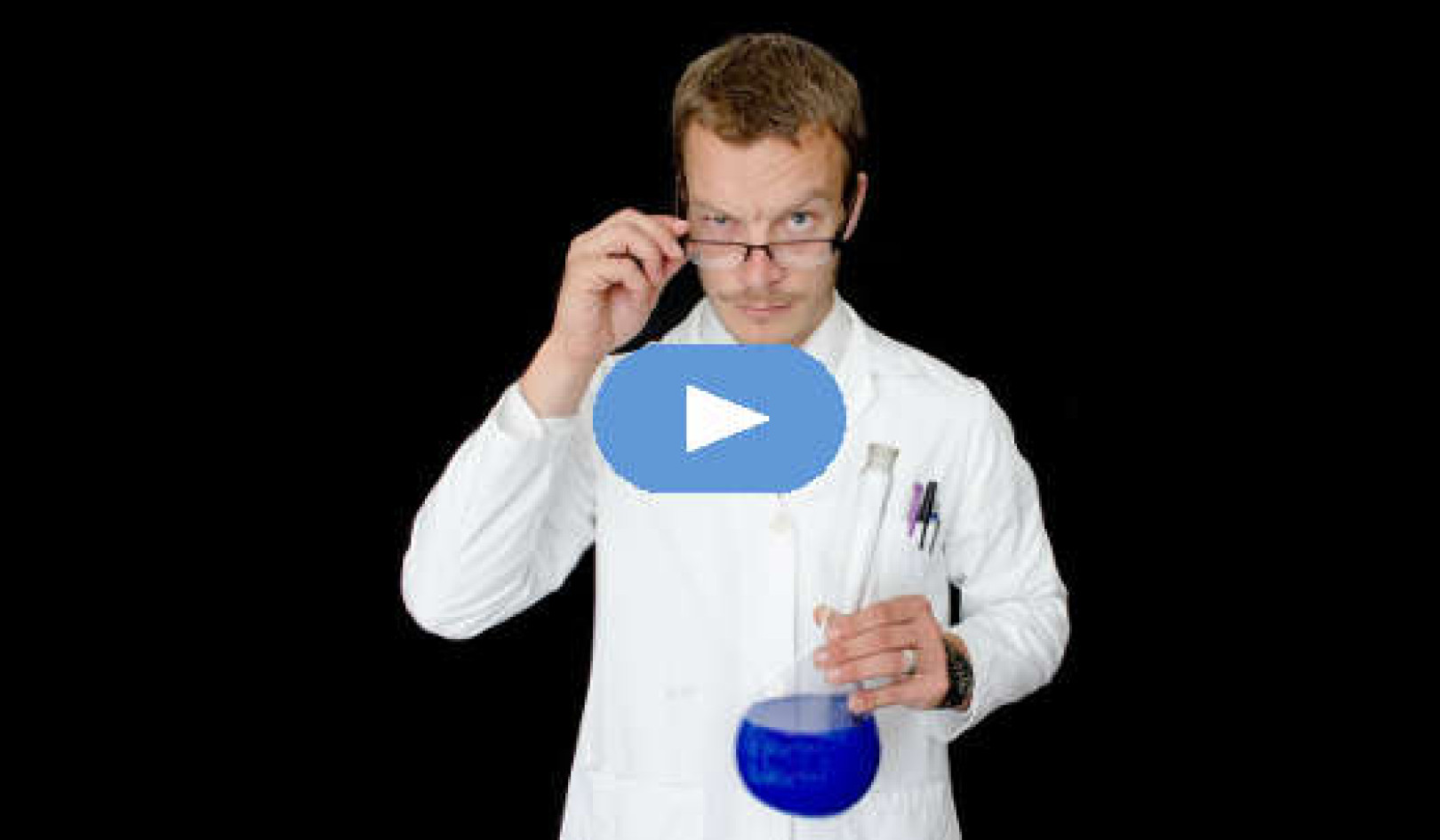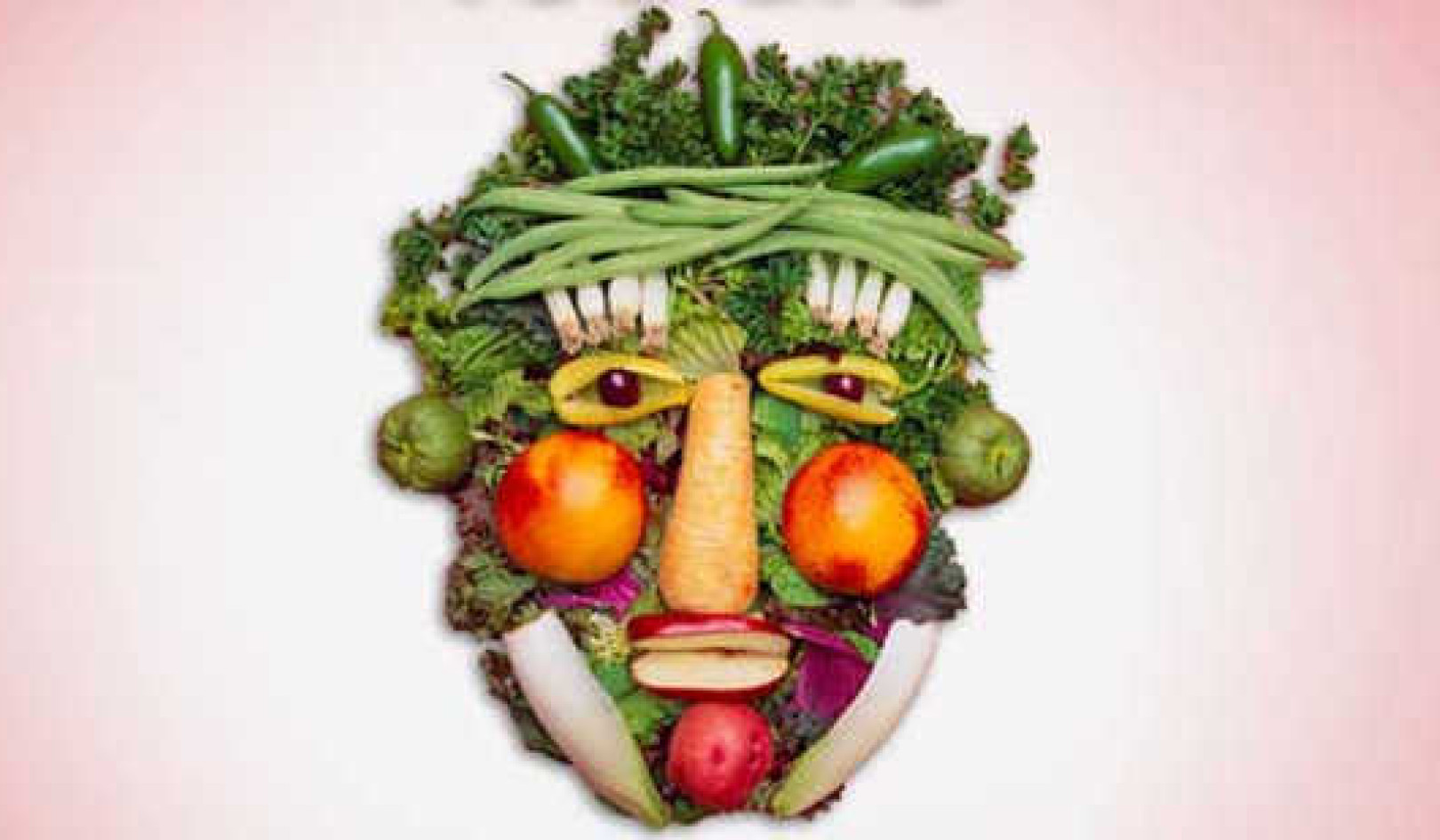
You may think that in order to be happy all you need to do is pursue pleasure and avoid pain. But the central message from all the great spiritual and religious teachers is that we can do better. For example, the basic message of Jesus Christ is to love God and your neighbors; the core message of the Buddha is to detach from your desires to end suffering. The tenets of other great spiritual and religious leaders and teachers is similar: Choose compassion for others over materialism, and happiness will be yours.
In spite of our soaring scientific and technological advances in America, our state of happiness is declining. For example, despite constant warnings from health organizations and widespread media, we are well on our way to becoming the first developed nation to have a population of which the majority is overweight or obese. Not only does this trend cause one of our largest threats to good health, but it also reduces quality of life, which means less happiness.
Are We Pursuing Pleasure or Happiness?
It is human nature to pursue happiness, but we often mistake pleasure for happiness. So as the circumstances of our pleasures change, our pleasures can rapidly change into suffering. The events leading to suffering start with a random, subconsciously generated negative thought, then to attachment, to negative emotion, to conscious attachment, to negative feelings, to fixation, and, finally to suffering. Continued repetition of this mental routine can lead to an obsession.
Although the history of self-change is dismal, in the case of natural happiness we have a powerful helper — the instructions of our DNA for every cell of our body. In the case of natural happiness, change is self-powered: Each choice will be emotionally rewarded with a flow of joy that, in turn, serves to motivate the next choice. You do not have to renounce your life to enjoy yourself; you can experience happiness in all areas of your life: on the job, socially, standing in line, driving in traffic, living with a spouse, or by yourself.
To make a significant behavioral change, it is critical to have a clear concept of the goal, the obstacles, and the strategy. The strategy is to employ epigenetic methods to modify the genes that drive our negative instincts. To ensure the continuance of this procedure, the epigenetic methods must be habitual.
[Epigenetics = Refers to the study of changes in phenotype (appearance) or gene expression caused by mechanisms other than changes in the underlying DNA sequence. Instead, non-genetic factors cause the organism's genes to behave (or express themselves) differently. Epigenetics is the study of these reactions and the factors that influence them. Mind-body interventions are forms of epigenetics mechanisms.]
Our Altruistic Genes
The practice of altruistic ethics, such as loving-kindness and compassion, will be familiar to all, but gets frequently lost in the competition for resources and position that comes from our ancient instincts. However, the most effective way of bringing natural happiness to ourselves is by acting altruistically, because it creates positive emotions in others, which then come back to the giver.
Skeptics may take the position that to do altruistic acts with the expectation that we will be emotionally rewarded is in reality a selfish act. However, our genes see it otherwise. The fact that we know that we will probably receive emotional rewards from altruistic acts is the mechanism by which our genes motivate behavior.
Throughout history, various schools of thought have promoted concepts of ethics based on reason, duty, good, faith, the greatest good, and the like. Today, ethics have become ever more critical as man has learned to manipulate nature, tinkering with the ecosystem and frequently having disastrous results. Devastation of the rain forest, acid rain, and a myriad of other insults to nature cause suffering to many for the gains of a few.
While our competitive materialism continues to play a part in determining laws and industry standards, our natural sense of morality is pitted against our subconscious negative instincts. Although the moral law of good and evil is imprinted on humans, so are the ancient instincts of competition, fear, and violence.
Contributing to Sustainable Happiness
To act in the best interests of another, you have to make a determination relative to the highest good for that other. For example, should you let a 12-year-old drive your car, just because it will make him happy?
Though your intention is to give someone else happiness, it must be in his or her best interests. Sometimes you have to consider the difference between pleasure and happiness — giving someone a pleasurable experience is not the same as contributing to that person’s sustainable happiness.
If you have held the belief that life without suffering equals a happy life, you have no doubt been disappointed. To be free of suffering is no guarantee of happiness, nor do pleasure and suffering automatically exclude one another.
Is It Realistic to Think We Can Change?
Is it realistic to think we can change our behavior from greed to charity, from hate to love, from self-serving to altruism, from materialism to spirituality?
I believe it is, for the following reasons:
- We humans are rewarded with joy when we choose ideas, emotions, and behaviors that express our “happiness genes.”
- Our happiness genes work 24/7 to provide the emotional rewards that encourage the continual behavioral choices that reinforce them.
- From consistent repetition, we build habits of natural happiness that can have a positive impact on certain genes. (There is research to support this!)
The Human Genome Project
The Human Genome Project now gives scientists the code to interpret how our species works, thinks, and behaves.
The subject of nature versus nurture has long been a debated, but we now have an understanding of our genetic nature, and with the new science of epigenetics, the mechanics of nurture become clearer. Multi-disciplinary approaches that integrate quantum mechanics, genetic engineering, astrophysics, evolutionary biology, consciousness, and epigenetics have the potential to heal our planet, which is haunted by violence and threats of ecological destruction.
Reprinted with permission of the publisher, New Page Books,
a division of The Career Press, Inc. ©2010.
www.newpagebooks.com
Article Source
 Happiness Genes: Unlock the Positive Potential Hidden in Your DNA
Happiness Genes: Unlock the Positive Potential Hidden in Your DNA
by James D. Baird, PhD with Laurie Nadel, PhD.
Click here for more info and/or to order this book.
About the Authors
 James D. Baird, Ph.D. has more than forty years of experience as a successful inventor and graduate engineer. His passion for understanding the bioengineering that makes us human combined with his spiritual beliefs has led him to research the subject of happiness for more than 20 years, and in the process, earned him a Ph.D. in Natural Health. Excited by the findings of the Human Genome Project, he had the intuition that spiritualism had a genetic basis, and that natural happiness was a design of our creator. The convincing evidence he uncovered was overwhelming that we are endowed with spiritual genes that motivate and emotionally reward a belief in a supernatural power and altruistic ethics. Happiness Genes: Unlock the Positive Potential within Your DNA is his fourth book.
James D. Baird, Ph.D. has more than forty years of experience as a successful inventor and graduate engineer. His passion for understanding the bioengineering that makes us human combined with his spiritual beliefs has led him to research the subject of happiness for more than 20 years, and in the process, earned him a Ph.D. in Natural Health. Excited by the findings of the Human Genome Project, he had the intuition that spiritualism had a genetic basis, and that natural happiness was a design of our creator. The convincing evidence he uncovered was overwhelming that we are endowed with spiritual genes that motivate and emotionally reward a belief in a supernatural power and altruistic ethics. Happiness Genes: Unlock the Positive Potential within Your DNA is his fourth book.
 Laurie Nadel, Ph.D. spent 20 years as a journalist for major American news organizations, including CBS News and The New York Times where she wrote a religion column, “Long Island at Worship.” The author of the best-seller Sixth Sense: Unlocking Your Ultimate Mind Power (ASJA Press, 2007), she has appeared on “Oprah.” The Dr. Laurie Show on Genesis Communications Network explores New Science topics. She holds doctorates in psychology and clinical hypnotherapy with a specialty in stress/wellness issues and Post-Traumatic Stress Disorder. Happiness Genes: Unlock the Positive Potential within Your DNA is her sixth book.
Laurie Nadel, Ph.D. spent 20 years as a journalist for major American news organizations, including CBS News and The New York Times where she wrote a religion column, “Long Island at Worship.” The author of the best-seller Sixth Sense: Unlocking Your Ultimate Mind Power (ASJA Press, 2007), she has appeared on “Oprah.” The Dr. Laurie Show on Genesis Communications Network explores New Science topics. She holds doctorates in psychology and clinical hypnotherapy with a specialty in stress/wellness issues and Post-Traumatic Stress Disorder. Happiness Genes: Unlock the Positive Potential within Your DNA is her sixth book.


























